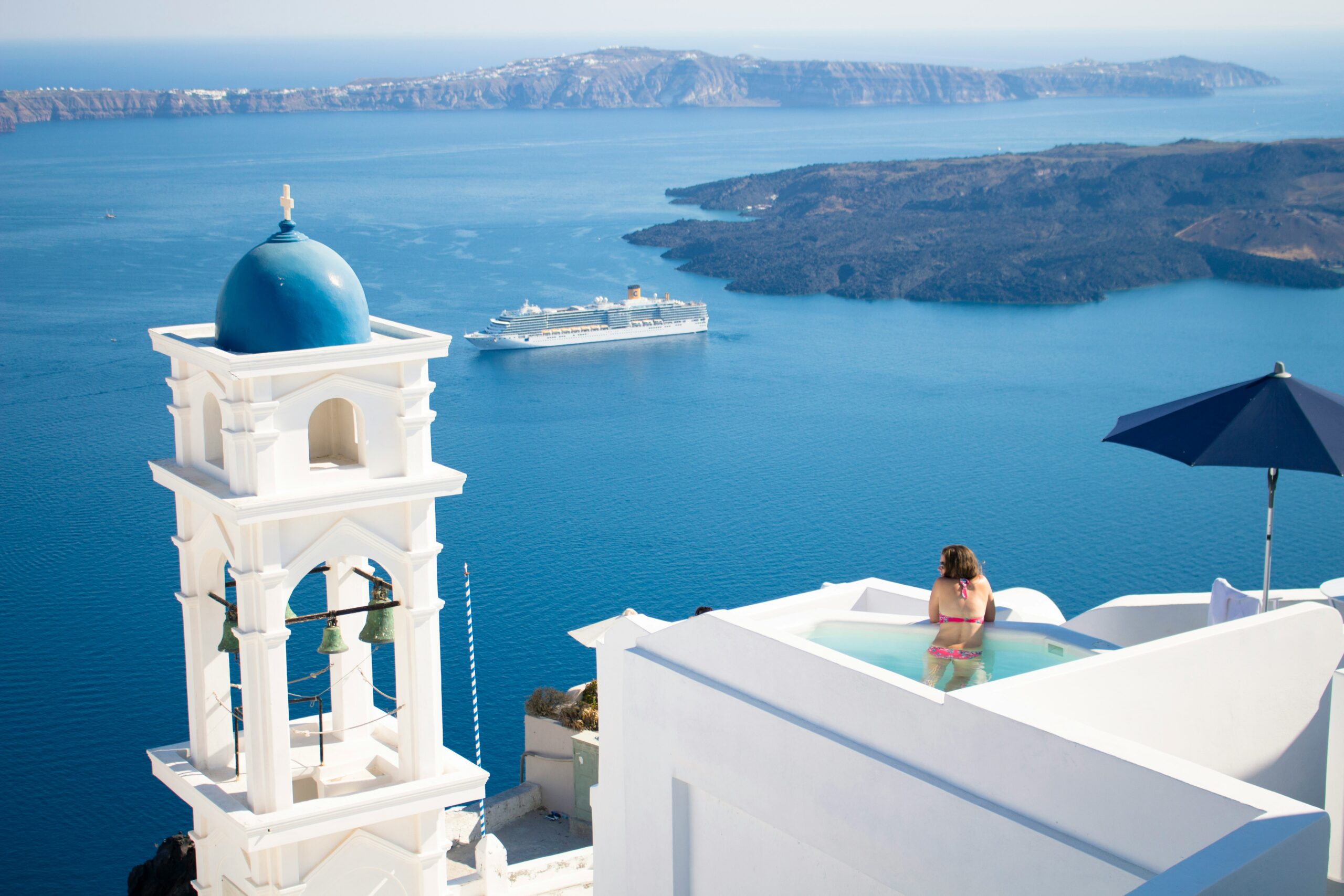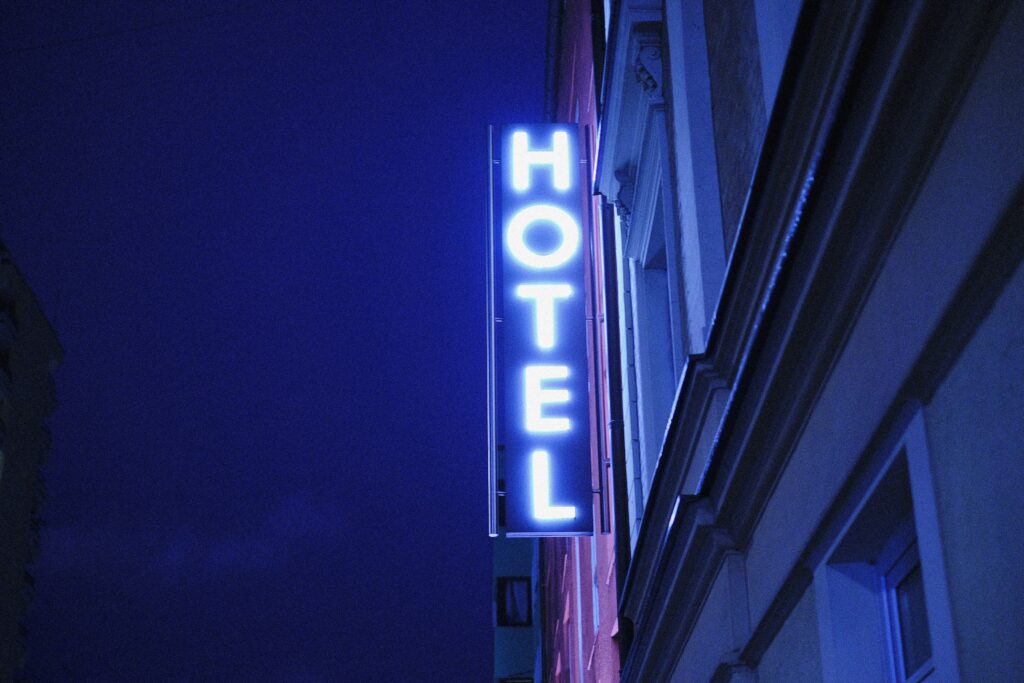
Taking the noise out of B2B marketing challenges
The world of marketing is a noisy place. It is – and always has been – a melting pot of innovation and perpetual reinvention. This isn’t a surprise. Marketing attracts the go-getters, the creatives and the doers. The movers and the shakers. Add to this the intersection with digital and marketers’ intrinsic interest in bandwagons, […]



